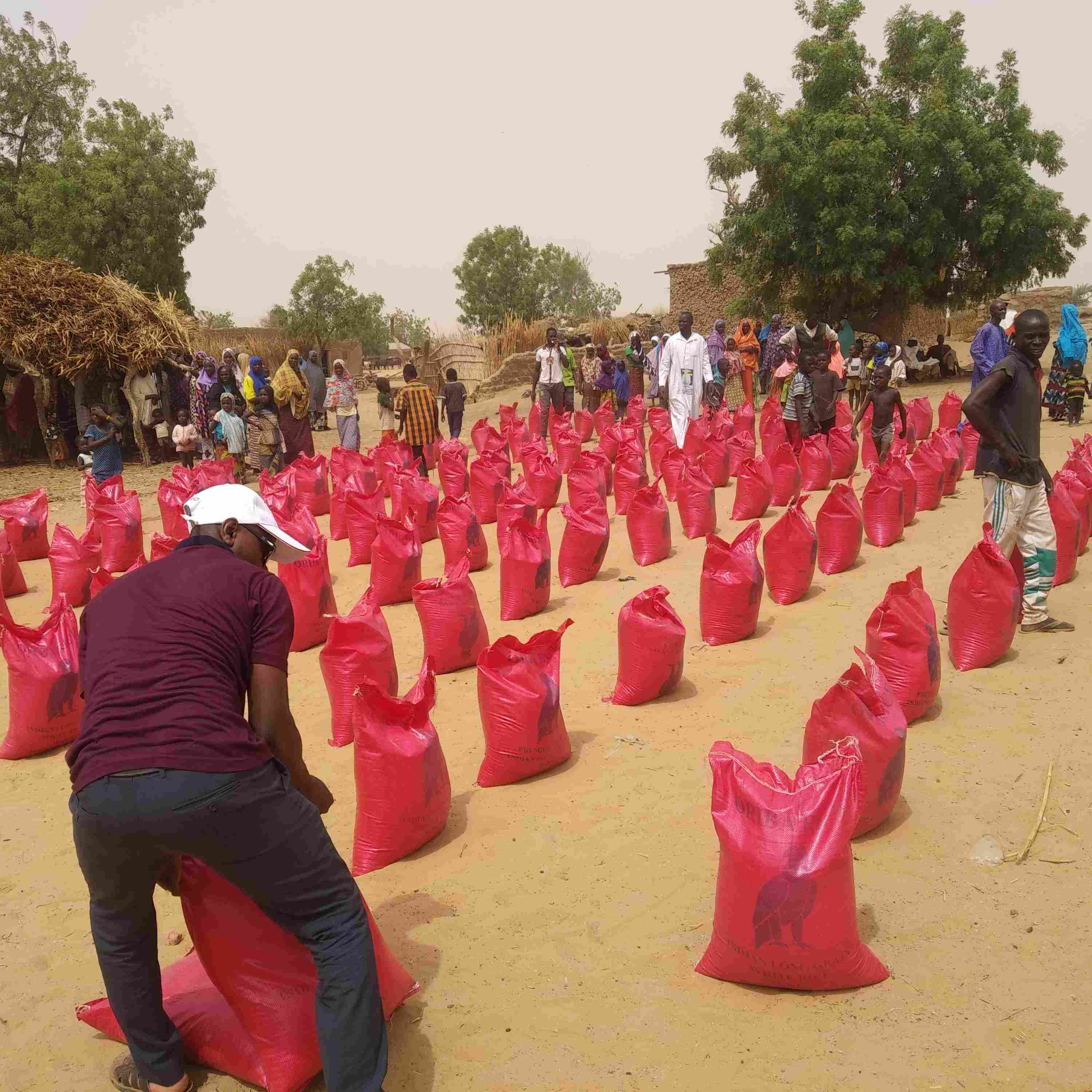Religious engineering – the making of moralities, development and religion in Niger

Our interdisciplinary research group studies projects of transformation in Niger. These projects are pursued by state and non-state actors who allude in their practices and visions of change to Islam and/or Christianity. Specifically, we are looking at a Salafi organisation, Turkish NGOs and the Turkish state, and Pentecostal churches. We propose the concept of “religious engineering” to analyse those active and conscious attempts to work on the future shape of society where the actors refer to religious resources such as religious knowledges, practices, identities, or institutions. Understanding such projects of changing or improving the Nigerien society as “alternative” projects of transformation, we want to explore epistemologies, practices, and moralities of transformation that leave the well-trodden paths of international development and at the same time reconfigure religious traditions. Based on these different cases, we study how the actors work towards the change they consider necessary and possible, and in which ways they relate to religious resources as well as to other actors and projects, donors, and target groups. We are particularly interested in the moral making of this “otherwise” and the moralities generated in and through transformative practices.
Key Questions
Central questions address the attempts of religious agencies to shape the future of Nigerien society as acts of “religious engineering”. We ask which changes and thus futures are considered possible, which are aspired to and worked towards, and how future-making, moral practice, and religion are connected in these projects of transformation. At the heart of Hamissou Rhissa Achaffert’s project, Activisme religieux et vision d’une société juste au Niger: ethnographie d’un projet de transformation sociale au sein de l’association Ihyaous Sounnah, is the question of how a local Salafi association mobilises religious knowledge as a moral and epistemological resource, not only to determine the actual state of Nigerien society, but also to promote an alternative approach to establish a moral and just society. The project of Abdoulaye Ibrahim Bachir, Transformative Practices of Turkish Islamic NGOs in Africa: The Case of Niger, focuses on the humanitarian activities of Turkish Islamic NGOs in Niger and asks how these NGOs practice charity and Muslim identity and thereby develop a transformational ethics that adopts coloniality as a moral discourse. Overall, we ask how the actors’ practices mutually influence and shape each other’s projects in a context characterised by a diversity of moral visions of the future of Nigerien society (future visions of e.g., international development, decolonial Muslim or/and Islamist groups, security actors, climatologists). In particular, with regard to their aspirations of a good life, their moral claims, concerns and judgments, and their transformative practices, we focus on the relational processes through and in which the moral projects come into being.
Please find the link to the entire project here.

